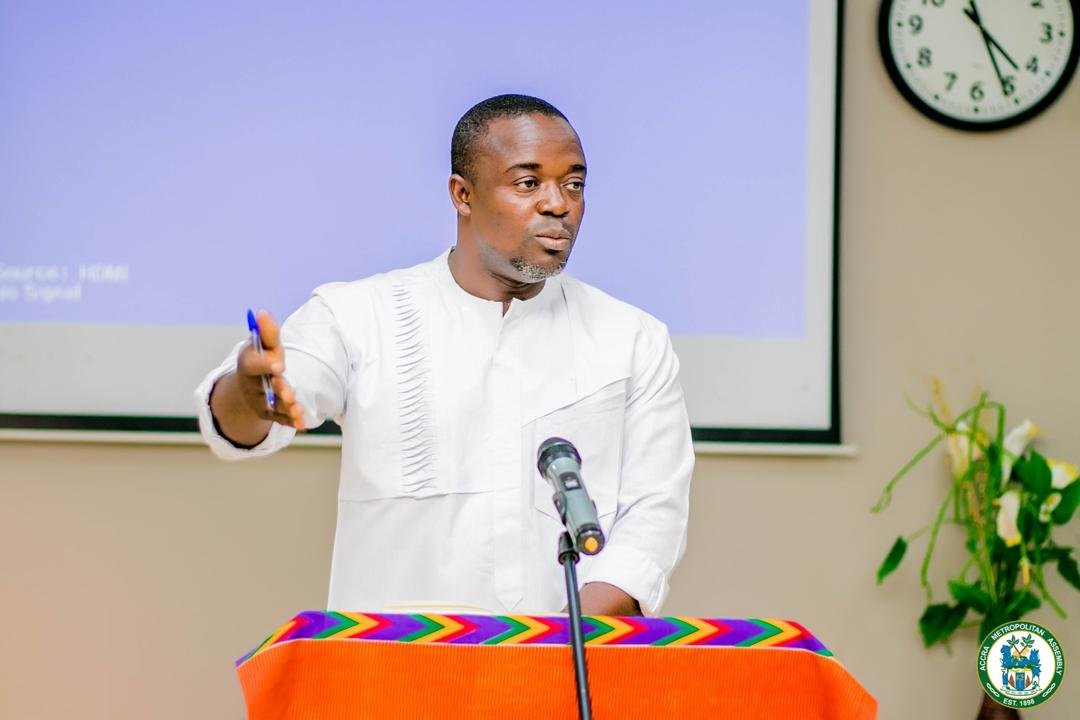In accordance with Paragraph (C), Clause (2) of Article 89 of the 1992 Constitution of Ghana, the Electoral Commission will soon conduct elections to select Regional Representatives to the Council of State. This constitutional process is not just another event on our democratic calendar; it is a defining moment for local governance, regional development, and the broader decentralization agenda of Ghana. As the President of the National Association of Local Authorities of Ghana (NALAG), I wish to draw the attention of all Metropolitan, Municipal, and District Assemblies (MMDAs) to the critical role they play in shaping the outcomes of this important exercise.
The Council of State serves as a key advisory body to the President, offering insights that influence policy decisions and national priorities. It is, therefore, imperative that delegates from our assemblies—who will be voting in the upcoming elections—approach this process with foresight and a deep commitment to advancing the collective interests of their respective regions, MMDAs, and local communities.
The Mandate of Delegates: Prioritizing Regional and Local Needs
The delegates who will represent MMDAs in this election are tasked with a responsibility that transcends partisan interests. They must select regional representatives who not only understand the nuances of local governance but are also equipped to advocate for the unique needs of their communities at the national level. This is a moment to prioritize candidates who will amplify the voices of ordinary Ghanaians and champion policies that strengthen decentralization, improve resource allocation, and promote equitable development.
Advancing Local Governance and Decentralization
The Council of State has an advisory role that can significantly impact local governance policies. Delegates must consider candidates who have a track record of advocating for decentralization and the empowerment of MMDAs. Ghana’s decentralization agenda remains one of the most progressive on the African continent, but its full realization depends on strong and capable leadership that can push for reforms to ensure local governments are well-resourced and autonomous enough to address the needs of their constituents effectively.
Equity in Resource Distribution
One of the persistent challenges facing MMDAs is the unequal distribution of resources. Some regions continue to lag behind in infrastructure, education, healthcare, and other critical sectors. It is, therefore, crucial for delegates to elect individuals who will champion equitable resource distribution and ensure that every corner of the country benefits from national development initiatives.
Promoting Accountability and Transparency
The strength of our democracy lies in accountability and transparency. In selecting candidates for the Council of State, delegates must prioritize individuals who have demonstrated integrity and a commitment to serving the public interest. These representatives must be capable of holding the executive arm of government accountable while fostering a culture of inclusivity and stakeholder engagement.
Aligning with Global Development Agendas
In today’s interconnected world, local governance cannot operate in isolation from global development frameworks such as the Sustainable Development Goals (SDGs). Representatives to the Council of State must possess a vision that bridges local realities with global aspirations, ensuring that Ghana’s development agenda remains relevant in a rapidly changing world.
Unity Beyond Partisanship
This election must not be viewed through the lens of partisan politics. While delegates may belong to different political traditions, the ultimate goal is to select representatives who will work in the best interests of the region and the nation. Regional development, the welfare of our assemblies, and the well-being of our constituents must take precedence over political affiliations.
The Role of NALAG in Strengthening Local Governance
As the umbrella body for local authorities in Ghana, NALAG remains committed to supporting all MMDAs in this process and beyond. This election is an opportunity for NALAG to demonstrate the strength and relevance of local governance in national discourse. It is also a reminder of the pivotal role local government structures play in fostering unity, progress, and innovation.
A Call to Action
To all delegates, I urge you to approach this responsibility with the seriousness it deserves. The decisions you make today will echo in the development trajectory of our regions and communities tomorrow. The Council of State is not merely an advisory body; it is a platform where the aspirations of ordinary Ghanaians can be translated into actionable policies.
Let us seize this moment to showcase the strength of Ghana’s local governance system as a model for participatory democracy and sustainable development. The world is watching, and it is our duty to demonstrate that local governance in Ghana is a force to reckon with—both locally and internationally.
As we prepare for this critical exercise, let us work together to ensure a transparent, inclusive, and impactful process. The future of our regions and our nation depends on it.
About the Author
Hon. Alfred Asiedu Adjei (Paajoe) is the President of the National Association of Local Authorities of Ghana (NALAG) and the Presiding Member of the Accra Metropolitan Assembly (AMA). With a rich history of service in local governance, he is committed to strengthening decentralization and empowering MMDAs to drive Ghana’s development agenda.
This article serves as a clarion call to Ghana’s assembly members and stakeholders in local governance to rise above partisanship and make decisions that will strengthen local government institutions, promote equitable development, and position NALAG as a global leader in grassroots democracy.
By: Hon. Alfred Asiedu Adjei (Paajoe), President, National Association of Local Authorities of Ghana (NALAG)




